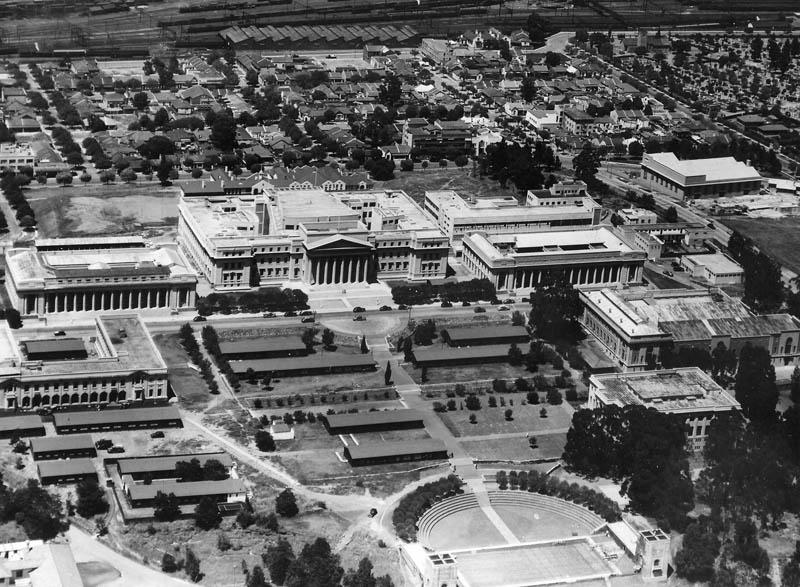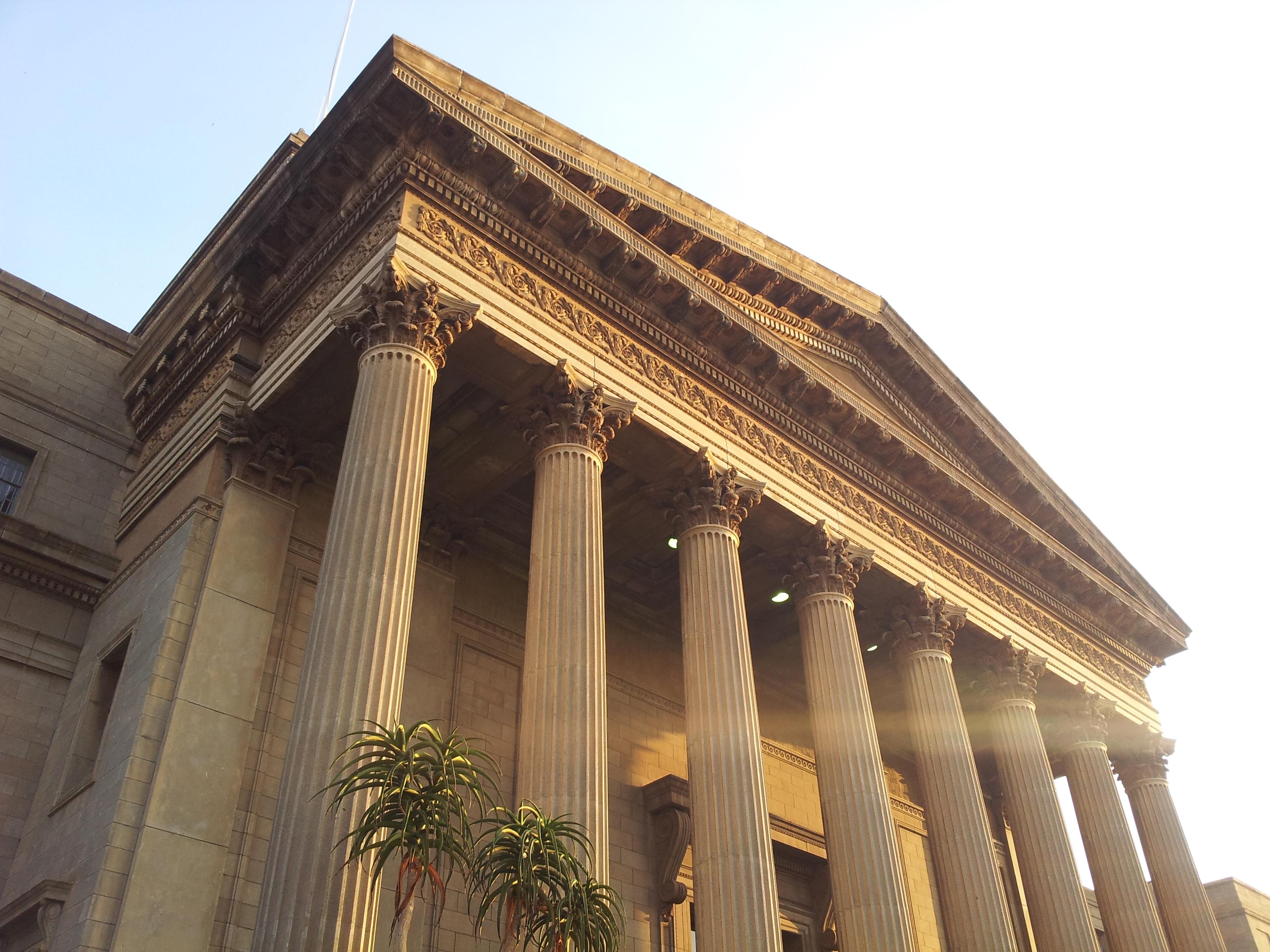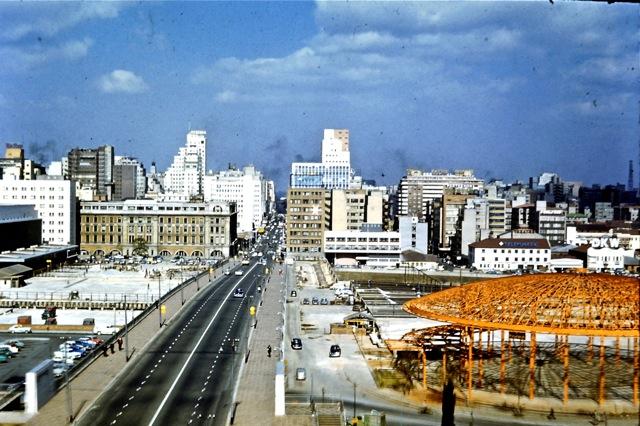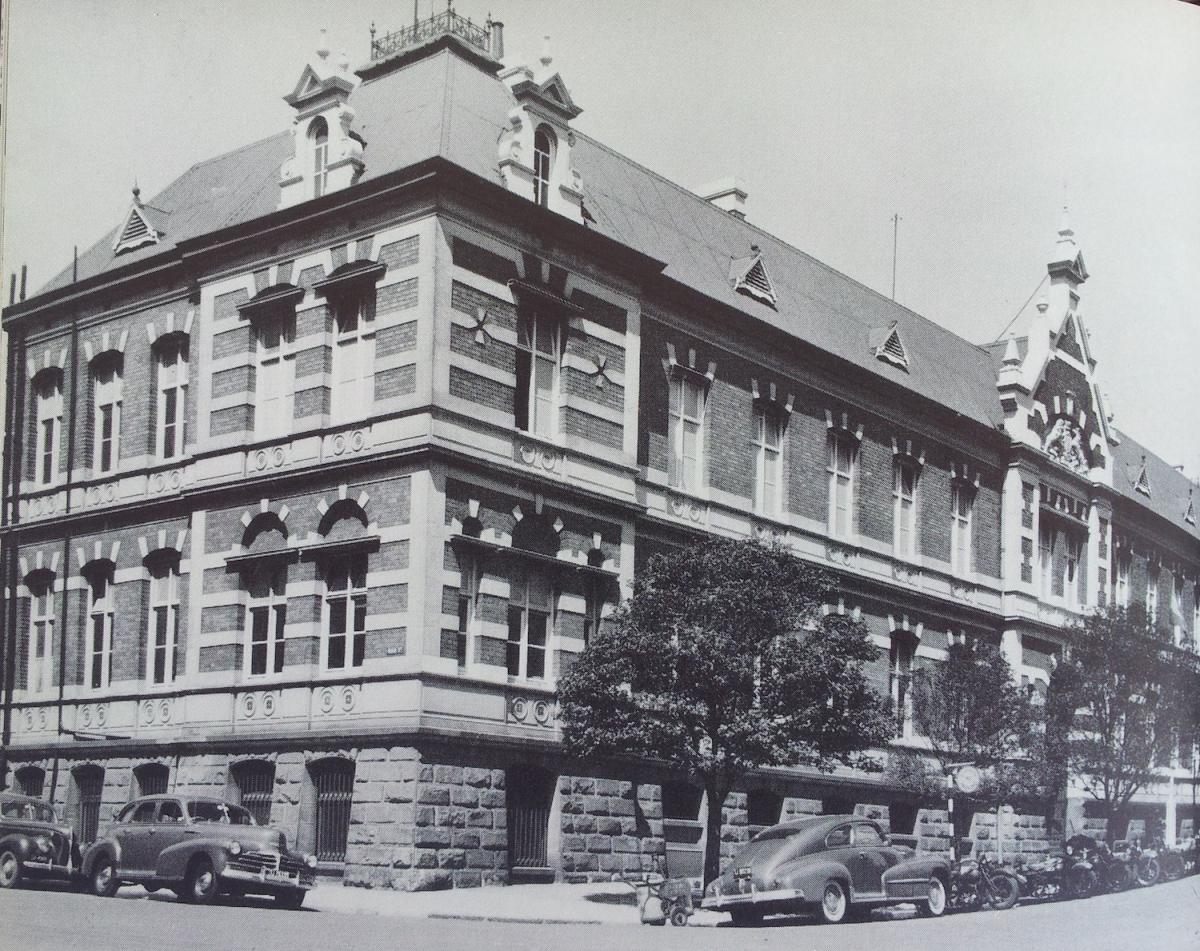
Disclaimer: Any views expressed by individuals and organisations are their own and do not in any way represent the views of The Heritage Portal. If you find any mistakes or historical inaccuracies, please contact the editor.
It is 1954, my first year as a medical student, and I am frantically struggling to cope with a reality that is radically different from being just a schoolboy. In fact, 'medical student' is a misnomer for a first-year. Medical school is still a daunting year away, densely packed with Physics, Chemistry, and other Basic Science subjects far from what I wanted to learn as an aspiring Doctor. How wrong I was!
Excelling in that first year was a requirement, upon which a hoped-for future career in medicine depended. Greater numbers were admitted to the first year of study than medical school could accommodate for the second year, creating a challenging and competitive environment that we all hated.
The 'Great Hall' at Wits University was a chaos of 600 students from many faculties, for lectures in Physics and Chemistry. The Professor, who could not be heard due to the din, had his back to the students, scribbling arcane formulae on a blackboard that was too far away to see. No questions or explanations were possible.
Wits Great Hall (The Heritage Portal)
The din was mostly the Engineers fighting with Geologists, Surveyors and whoever else. Somebody blowing a bugle, a tall ashtray clattering repeatedly down the steep isle steps, flying paper aeroplanes and..and...
Unlike school, the 'teacher' just carried on regardless. Not a good start towards my cherished goals.
I soon discovered that my life no longer belonged to me. All 'Freshmen' had to wear a button on the lapel to proclaim our lowly status. All 'Chores' such as Rag Duties, clearing up, general fetching and carrying for senior students, compulsory attendance at sing-ins, Political propaganda sessions (Anti-apartheid) etc. were done on command. We were 'fair game' and could be collared and dragged off as an exhibit to whatever lectures or functions were going on.
Then NUSAS (National Union of Students) arrived. I don't recall if I ever promised my poor old Mum and Dad who were sacrificing so much so I could be here, but it was certainly my firm intention to honour their commitment to me and never to do anything that could embarrass them.
NUSAS came in from other Universities, as well as radical Socialists from heaven knows where, educating us to the politics of the day and the injustices of the present and past.
There were several 'Black' students in our group. That year the Nationalist Government issued a proclamation banning admission of 'Black' students to 'White' Universities. Soon a demonstration was organized to burn a large pile of books and pamphlets (presumably Apartheid Propaganda - I never found out) on the front steps of the Great Hall.
A great march to the City Center was planned and applied for. Permission was reluctantly granted with the Proviso that the March was officially sanctioned, and guarantees given that there would be no violence.
Looking towards the City Centre (Gordon Clarke)
On the day, NUSAS and senior students organized some 4000 of us into a long column, with me in the very first group! All went well at first as we sang and chanted our way across The Queen Elizabeth Bridge and down towards town. At that point, we noticed many black enclosed vehicles on our right. I was about to get my first practical lesson in politics. Enter Agents provocateur!
Suddenly the vans opened and out stepped some very fit, black leather-jacketed young men with crew cuts, carrying batons! They wasted no time in wading into us, thus ensuring there was violence, whereupon squads of uniformed Police then charged, breaking up the march.
I was injured and with others dragged off to nearby Marshall Square (SAPS arrest and interrogation centre) concussed and sporting a 'shiner' and a 'dik lip'. After being read the riot act dozens of us were herded into a cell to spend the coldest and most uncomfortable night of my young life on a freezing concrete floor.
Marshall Square (Lost Johannesburg)
Next morning we were let go with a stern warning. Once outside - there waiting anxiously for me was my poor old Dad.
About the author: Dr Peter Comfort arrived in South Africa from England shorlty after World War II. He matriculated from Marist Brothers College Observatory in 1953 before heading to Wits to study medicine. He spent many years working as a surgeon in the Eastern Cape and built up a thriving surgical practice which is still going today. He is happily married with seven children.
Comments will load below. If for any reason none appear click here for some troubleshooting tips. If you would like to post a comment and need instructions click here.



